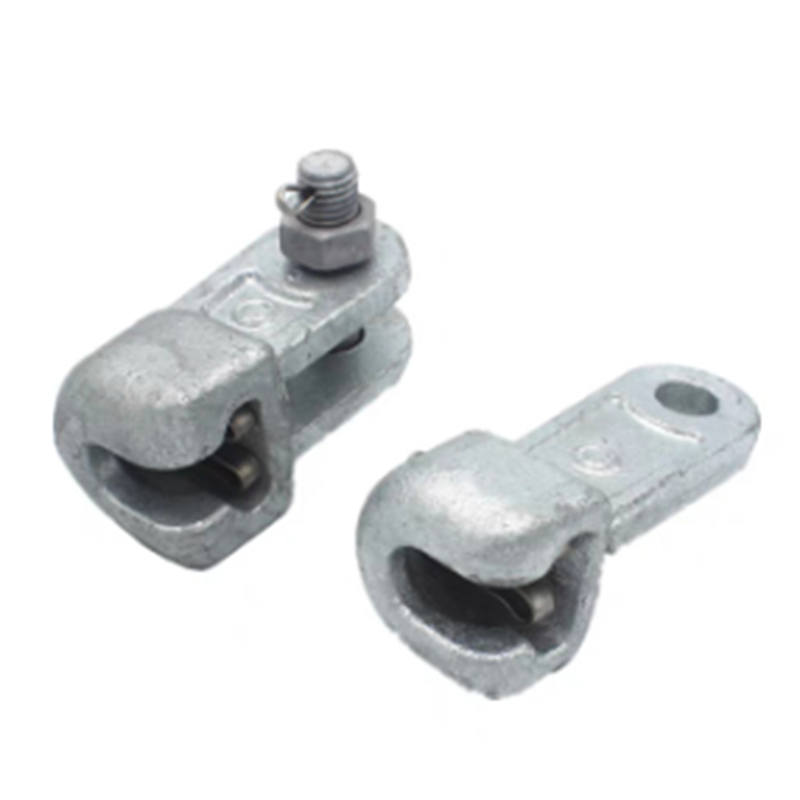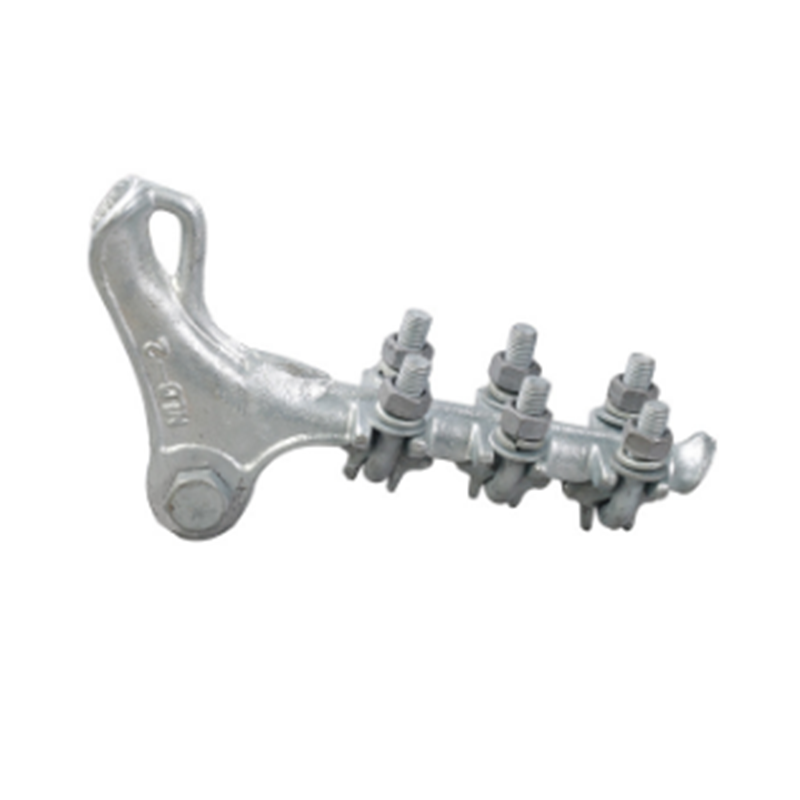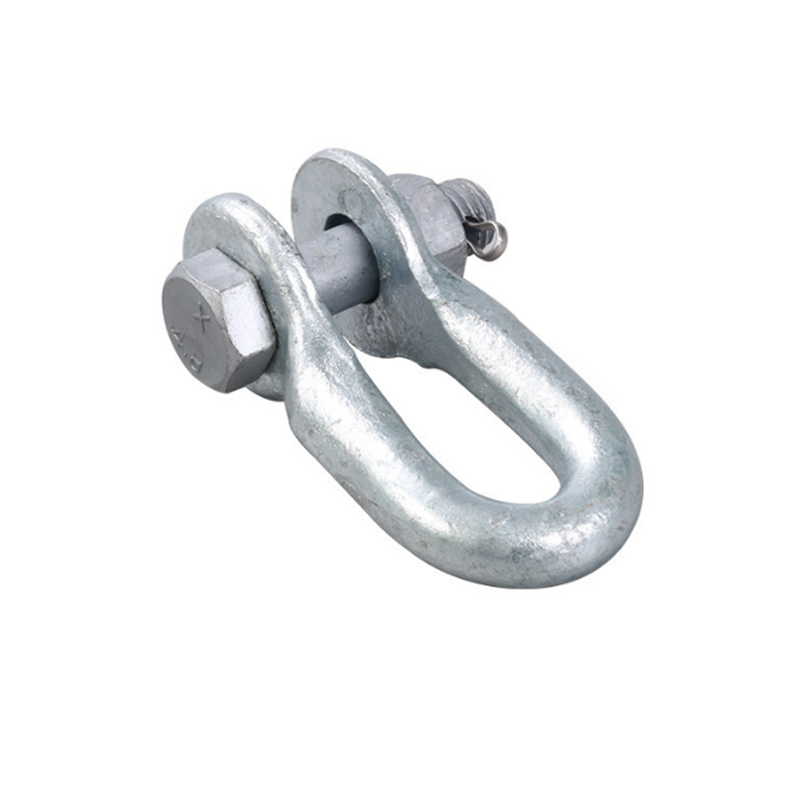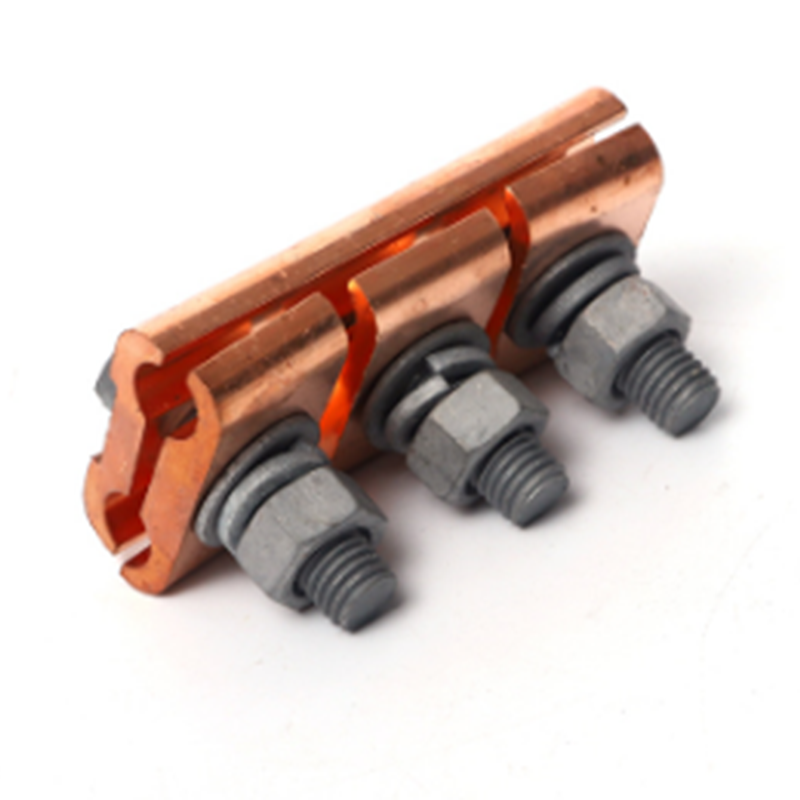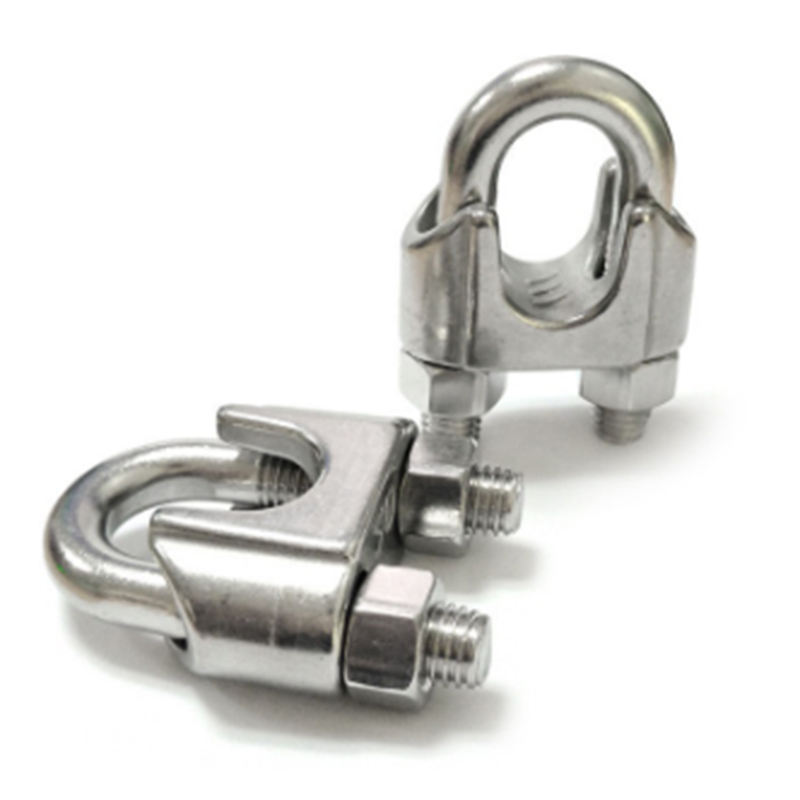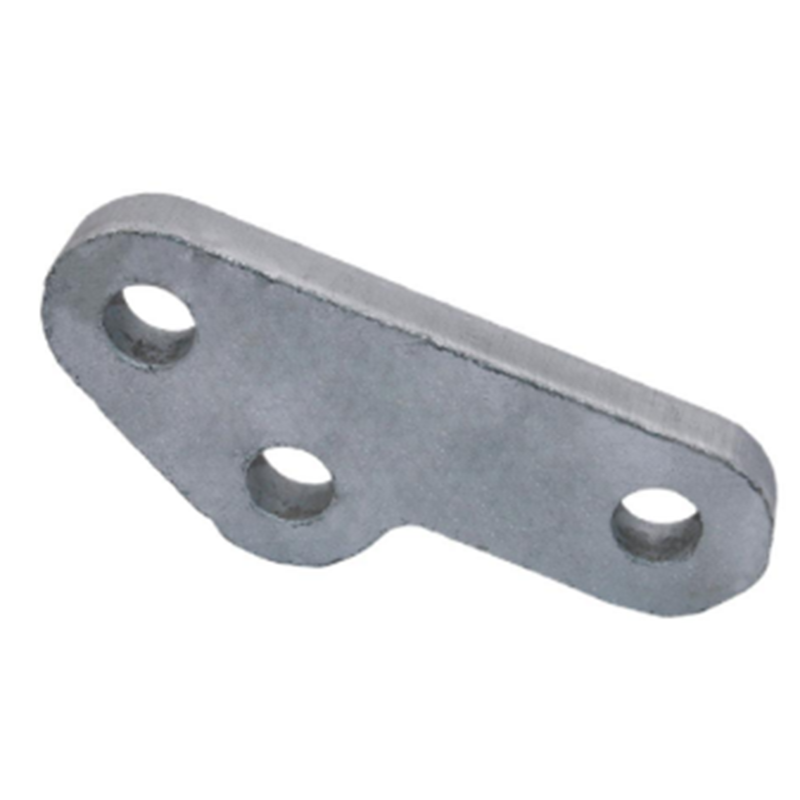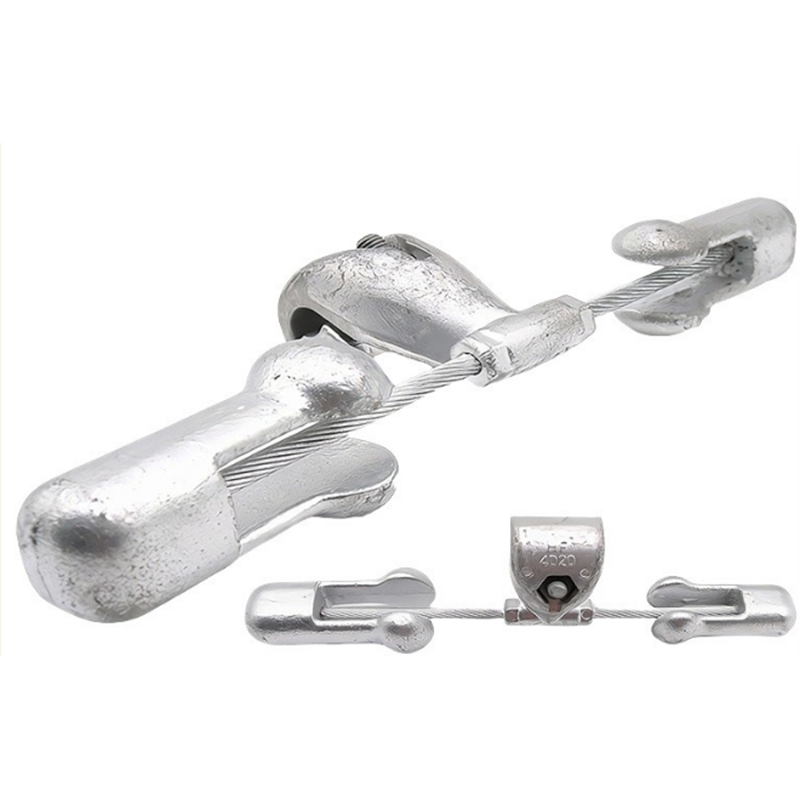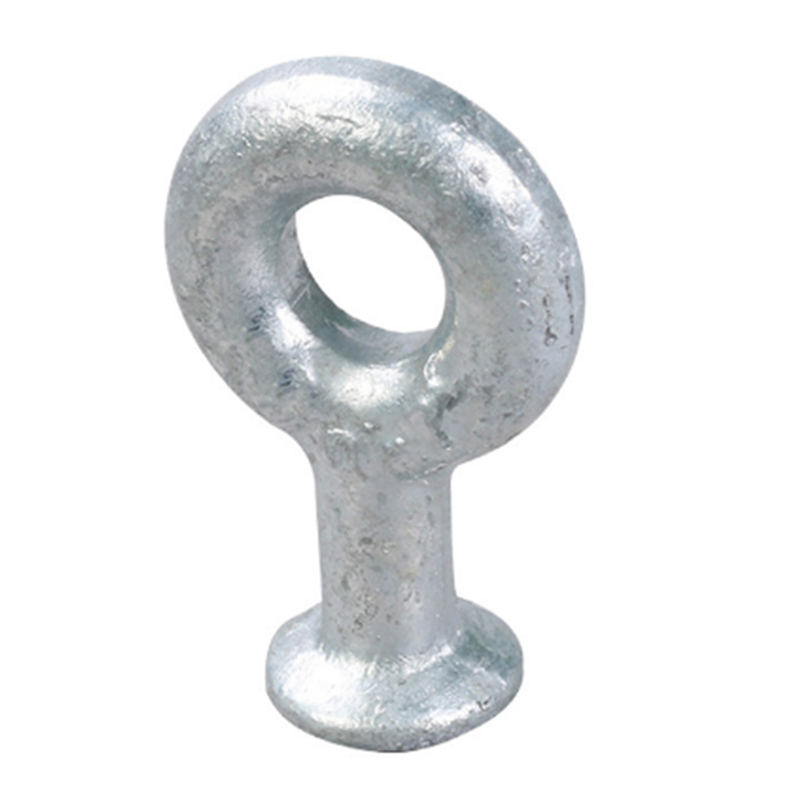- Chinese
- French
- German
- Portuguese
- Spanish
- Russian
- Japanese
- Korean
- Arabic
- Irish
- Greek
- Turkish
- Italian
- Danish
- Romanian
- Indonesian
- Czech
- Afrikaans
- Swedish
- Polish
- Basque
- Catalan
- Esperanto
- Hindi
- Lao
- Albanian
- Amharic
- Armenian
- Azerbaijani
- Belarusian
- Bengali
- Bosnian
- Bulgarian
- Cebuano
- Chichewa
- Corsican
- Croatian
- Dutch
- Estonian
- Filipino
- Finnish
- Frisian
- Galician
- Georgian
- Gujarati
- Haitian
- Hausa
- Hawaiian
- Hebrew
- Hmong
- Hungarian
- Icelandic
- Igbo
- Javanese
- Kannada
- Kazakh
- Khmer
- Kurdish
- Kyrgyz
- Latin
- Latvian
- Lithuanian
- Luxembou..
- Macedonian
- Malagasy
- Malay
- Malayalam
- Maltese
- Maori
- Marathi
- Mongolian
- Burmese
- Nepali
- Norwegian
- Pashto
- Persian
- Punjabi
- Serbian
- Sesotho
- Sinhala
- Slovak
- Slovenian
- Somali
- Samoan
- Scots Gaelic
- Shona
- Sindhi
- Sundanese
- Swahili
- Tajik
- Tamil
- Telugu
- Thai
- Ukrainian
- Urdu
- Uzbek
- Vietnamese
- Welsh
- Xhosa
- Yiddish
- Yoruba
- Zulu
- Kinyarwanda
- Tatar
- Oriya
- Turkmen
- Uyghur

Unf Bolt
html
Understanding UNF Bolts: A Practical Insight
In the world of fasteners, the UNF bolt is often discussed yet frequently misunderstood. Despite its ubiquity in various industries, professionals occasionally grapple with its specific applications and advantages. Let's delve into the nuts and bolts of what makes these fasteners tick and how they can be effectively utilized.
What is a UNF Bolt?
A UNF bolt stands for Unified Fine Thread, a system standardized in the United States. These bolts are characterized by their fine threading, which provides several advantages in certain applications. They're typically employed where a tight, precise fit is necessary, such as in automotive or aerospace components.
Having worked with various types of fasteners, I've seen firsthand how UNF bolts can outperform others in specific contexts. Their fine thread provides more strength and load-carrying capacity compared to coarse threads. This is particularly ideal for applications where vibration is an issue, as the increased thread count can offer a more secure grip.
However, there's a common pitfall among those unfamiliar with UNF bolts: using them in softer materials, which can lead to stripping or damage. It's crucial to choose the right application for these bolts to truly reap their benefits.
Applications and Advantages
In practical scenarios, such as during my time assisting in an automotive assembly line, the choice between UNF and other types of bolts was a frequent topic of discussion. UNF bolts were often favored for their ability to provide precise adjustments without compromising strength.
One particular instance came to mind where the use of a UNF bolt was crucial. A piece of machinery required precise assembly, and the fine threading of the UNF bolt allowed for minor tweaks and adjustments that were not possible with coarser-threaded options.
However, it’s not just about the fit; it's also about longevity. The fine threads reduce loosening under vibration, a significant advantage in environments where stability over time is key.
Challenges and Misconceptions
Despite numerous benefits, UNF bolts are not without challenges. A major issue that surfaces often is the need for proper torque control. The fine threads require careful torque application to avoid damage, especially in delicate or softer materials. This is something I've personally encountered in projects where over-tightening led to irreversible damage.
Another common misconception is that UNF bolts can replace any other bolt type in all conditions, which isn't accurate. Their usage should be carefully considered alongside the mechanical properties required by your application.
In some cases, a client was insistent on using UNF bolts in a structure where coarse threads would've sufficed, leading to unnecessary complexity and cost. It's experiences like these that underline the importance of knowing when and where to use these specialized fasteners.
The Manufacturing Perspective
A visit to manufacturing facilities like Shengfeng Hardware Fastener Factory can shed light on the precision involved in producing UNF bolts. Located in Hebei Pu Tiexi Industrial Zone, this establishment is well-placed to take advantage of efficient logistics via National Highway 107. Their extensive range of products, including over 100 fastener specifications, highlights their comprehensive approach to fastener production.
At Shengfeng, the focus isn't just on quantity but also on quality and specificity. Their ability to produce UNF bolts with precise specifications ensures that the end users receive products that are fit for purpose. Whether it's for automotive or building applications, the attention to detail in the manufacturing process is critical.
The factory’s location and logistics also play a role in delivering these products swiftly, ensuring that quality fasteners arrive where they are needed without delay. This logistical efficiency is a significant advantage for companies that rely on timely delivery of parts.
Practical Tips for Using UNF Bolts
For those in the field, a few practical tips can go a long way. Firstly, always ensure the materials match the bolt type; using a UNF bolt in soft materials might not be wise unless specifically designed for that purpose.
Moreover, have appropriate torque settings and tools at hand. Fine threads require precision, and a calibrated torque wrench can prevent issues like stripping or inadequate tightening. A lesson learned the hard way when one of our projects went awry due to improper tooling.
Finally, always consult with manufacturers or suppliers, such as those at Shengfeng Hardware Fastener Factory, to ensure the choice of UNF bolt aligns with project specifications. Their expertise can often provide insights that are not immediately obvious but can be crucial to the integrity of your assembly.
Соответствующая продукция
Соответствующая продукция






